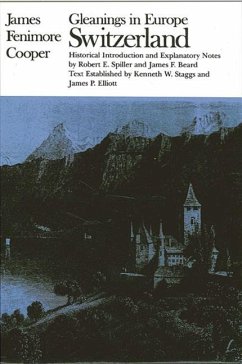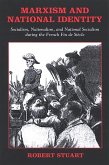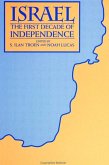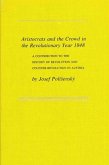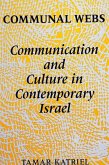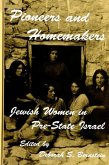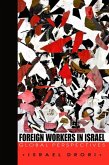In the summer of 1828 James Fenimore Cooper, his wife, and their five children set out from Paris for Switzerland, and Cooper wrote that he experienced a "glorious anticipation," for "a common-place converse with men was about to give place to a sublime communion with Nature."
Sketches of Switzerland, the book which describes this experience and which is republished here for the first time in the United States since its original issue in 1836, was the first of five European travel books written, Cooper said, "for my own Countrymen," in which the American novelist gave "rapid sketches" of what he saw "with American eyes," studiously avoiding the drab, factual accounts of ordinary tourists.
His indispensable resources in the composition of Switzerland were his gifts of total recall and his skill in writing prose pictures in the style then known as "picturesque." Seeking an immediacy analogous to that of the artist's brush, Cooper captures various elements of "picturesque" style, especially the incongruity between the sublime, terrifying scenery and the more familiar sights and associations of domestic life.
Even in the creation of verbal pictures, Cooper could not resist expressing his concerns with society and politics; and though his criticism seems harmless enough today-perhaps even salutary-it was disturbing to American readers less secure than Cooper in their confidence in their institutions and society. Partly, at least, for this reason, Cooper's most successful nonfictional experiment in the "picturesque" mode has never been adequately appreciated.
Sketches of Switzerland, the book which describes this experience and which is republished here for the first time in the United States since its original issue in 1836, was the first of five European travel books written, Cooper said, "for my own Countrymen," in which the American novelist gave "rapid sketches" of what he saw "with American eyes," studiously avoiding the drab, factual accounts of ordinary tourists.
His indispensable resources in the composition of Switzerland were his gifts of total recall and his skill in writing prose pictures in the style then known as "picturesque." Seeking an immediacy analogous to that of the artist's brush, Cooper captures various elements of "picturesque" style, especially the incongruity between the sublime, terrifying scenery and the more familiar sights and associations of domestic life.
Even in the creation of verbal pictures, Cooper could not resist expressing his concerns with society and politics; and though his criticism seems harmless enough today-perhaps even salutary-it was disturbing to American readers less secure than Cooper in their confidence in their institutions and society. Partly, at least, for this reason, Cooper's most successful nonfictional experiment in the "picturesque" mode has never been adequately appreciated.
Dieser Download kann aus rechtlichen Gründen nur mit Rechnungsadresse in A, D ausgeliefert werden.

